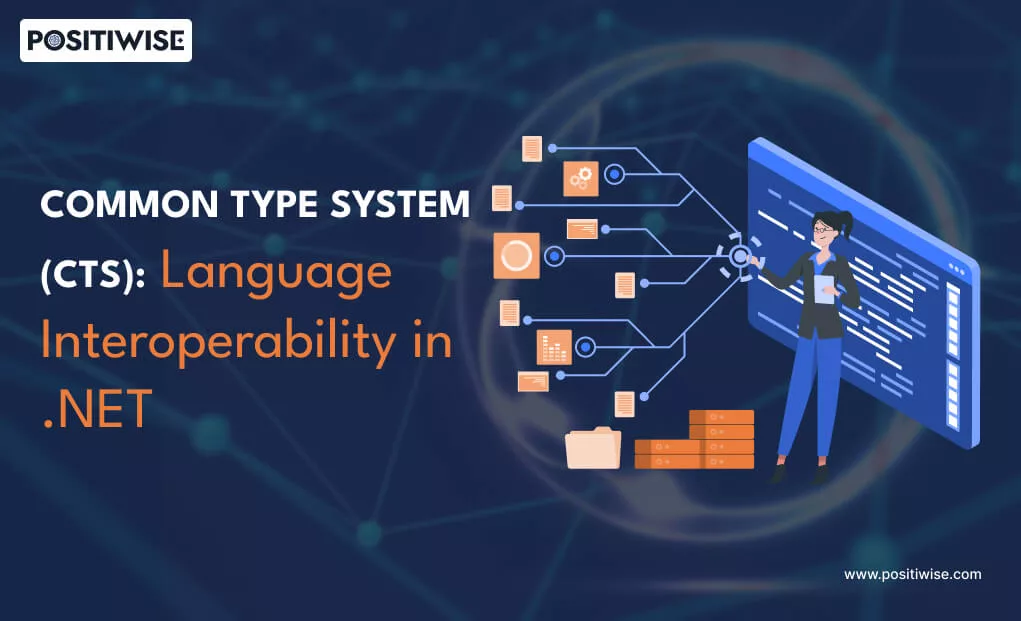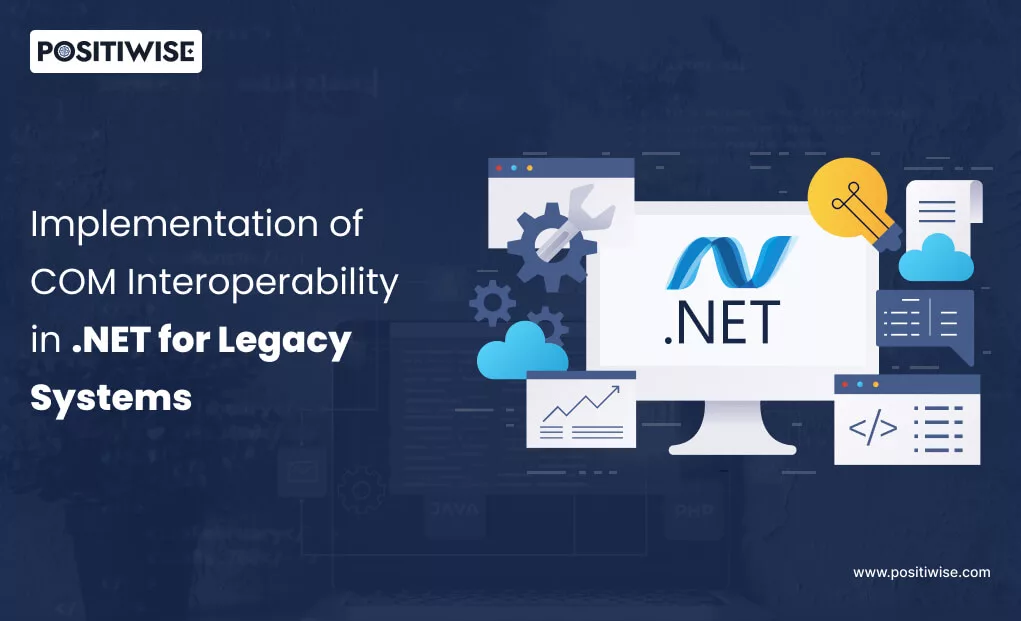-

Role of Common Language Runtime in .NET Interoperability
Quick Overview: The role of common language runtime in .NET makes it possible to use different languages for […]
-

Common Type System (CTS): Language Interoperability in .NET
Quick Overview: A common type system is the main component that supports the developers to use multiple programming […]
-

COM Interoperability in .NET for Legacy Systems
Quick Overview: By adhering to these rules, developers may effectively incorporate historical COM components into .NET programs, using […]
-

Bridging Managed and Unmanaged Code in .NET Framework
Quick Overview: The .NET software development consists of numerous tasks, under which one is bridging the gap between […]
-

Integrating Multiple Programming Languages with .NET Framework
Quick Overview: To integrate many programming languages into a single application or project, one must use the .NET […]
-

Exploring .NET Integration Features From C# to F# and Beyond
Quick Overview: The .NET capabilities are not limited to C# and F# programming languages. They extend to high-end […]
-

Implementation of Interoperability in .NET Framework Projects
Quick Overview: The implementation of interoperability in .NET Framework projects, .NET apps must be integrated with various platforms […]
-

CLR Strict Security: Protecting Your .NET Applications
Quick Overview: CLR Strict Security is an essential component of the .NET framework that shields programs from tampering, […]
-

Code Access Security in CLR
Quick Overview: By ensuring that .NET applications run under predetermined safety boundaries, Code Access Security (CAS) in CLR […]
-

Optimizing Performance in .NET and Java Interoperability
Quick Overview: Optimizing speed in .NET and Java interoperability while combining Java and .NET applications is essential for […]

